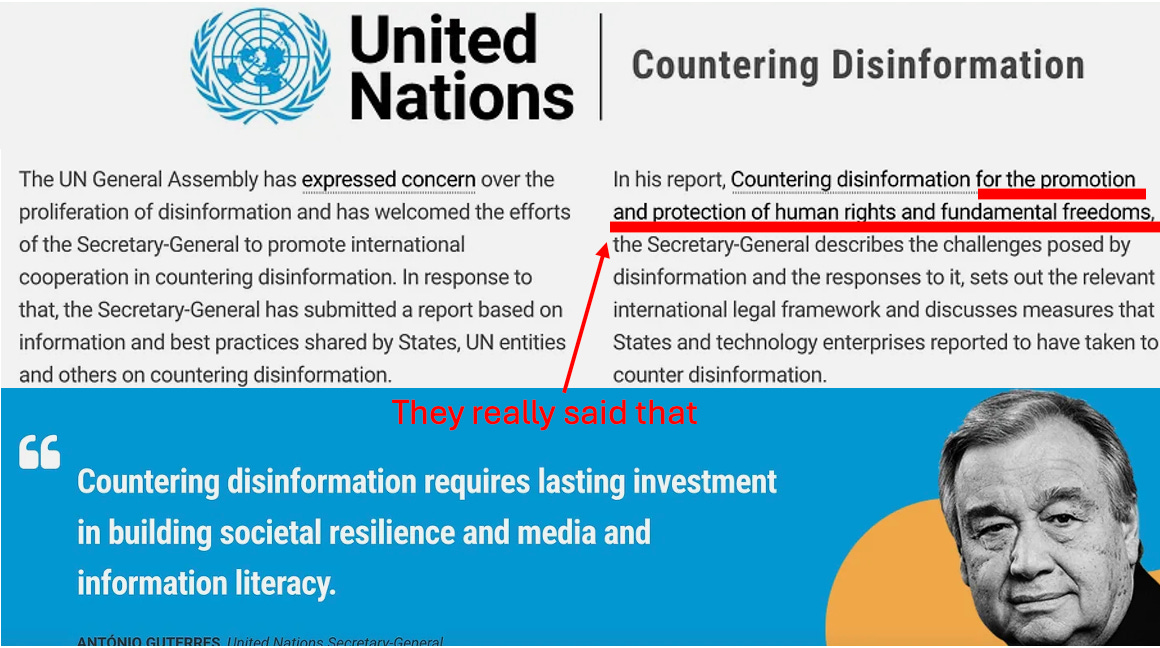So, were they bullied at school first, and then also at their Kingdom Hall?
'The evidence shows that the boys did not rebel against their parents until after they were bullied at school.
In the Oxygen article, it says, “Both parents had met in the local congregation of Jehovah’s Witnesses and brought their sons up in their faith, but the two older boys had begun rejecting it in junior high when they were bullied for their differences (my italics).” Then they turned to substance abuse and were sent to the rehab facility.
In the TV episode, Jaccii Farris, a journalist and filmmaker, was quoted as saying the following: “The kids at school would pick on them because they had to wear a suit and tie or because they couldn’t hang out with them. The taunts grew as they got older.”
In 1995, when the media covered this story, the only mention of bullying was what the boys did to others; nothing was said about the bullying that they experienced first.
The reader and the viewer were left—and still are—with the impression that religion is the real problem, not the role played by bigoted students who stigmatized them, making them outcasts.
Why does this matter? If school officials had been attentive to the bullying of the Freeman brothers, perhaps they would have intervened, and perhaps future events might have been different. We will never know.'
https://www.catholicleague.org/bullying-christian-students-goes-unnoticed/
LDH
The first signs of trouble were in 1991, when the boys were 13 and 11 years old; the boys refused to attend the Watchtower meetings. What seems to have happened is that the Freeman family developed problems that needed professional intervention .What they got instead were the local , untrained elders. When the boys refused to acceptably respond to this lay ‘treatment’, the boys were ‘marked’; shunned, isolated from the only family and friends they had ever known their whole lives.
**********************************************And the Freeman family war was on. If their parents and little brother (who at age 11 had no choice but to join in the shunning) didn’t want them, then there were other people who did.
Around this time Dennis was no longer an elder; no one has told the reason why. One night, 12-year-old David put animal parts in his Aunt Valerie’s bed.
Instead of mental health professionals, the local elders were called again. Later, David threatened to kill his high school football coach. Again the local elders were called.
*********************************************
Finally, the Freemans committed David to psychiatric care for a month in 1992. But by now it was too little too late.
A precious year had been wasted while the Freemans allowed untrained elders to practice psychiatry and psychology on their children.
David had been abusing alcohol and drugs for years, and needed professional help, not prayers; he needed hugs and medicine, not shunning and threats of everlasting destruction.'





